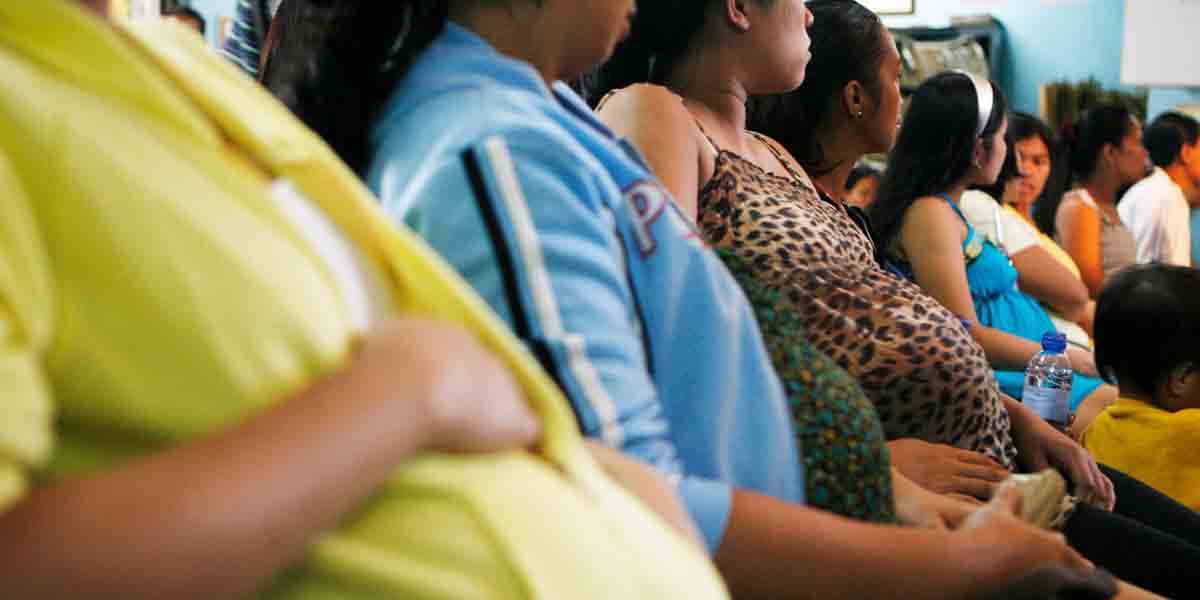 By Modesto P. Sa-onoy
By Modesto P. Sa-onoy
Catholic Church leaders differ on the current pandemic and how Catholics should respond. Some do not consider that the disease is related to sinfulness and its pandemic proportion is due to the world-wide loosening of faith and morals. They see the pandemic as governments do – a medical problem. The diversity leaves many Catholics confused.
LifeSiteNews on March 31, 2020 said that Cardinal Paul Josef Cordes, former president of the Pontifical Council Cor Unum, has joined the growing number of Catholic leaders looking at the pandemic as a chastisement. “God’s Word also clearly states that life contrary to God can lead to illness.”
He said reliable exegetes state, “Sickness is the wages of sin” and Cordes pointed to the story of the paralytic in the Gospel of Mark, which “makes the link between illness and sin irrefutable.”
Differing with Archbishop Ludwig Schick of Bamberg, Germany, who claimed that it would be “cynical” to call the COVID-19 pandemic a chastisement, Cortes said “this statement is only true if it meant to indicate a direct connection between a person suffering and that person’s very own sins.”
Cordes also criticized Cardinal Angelo Scola, (former head of the Milan archdiocese) who said, “The idea of divine punishment is not part of the Christian vision — even in such a dramatic situation as the one we are experiencing right now. Of course, it is a complex issue, but God does not use punishment to convert us!”
The German cardinal responded, “Whoever distorts God’s love so completely condemns angrily the popular piety of centuries. He has God’s word against him, which says, ‘God is treating you as sons; for what son is there whom his father does not discipline?’ (Heb. 12:7) And what is most deeply disturbing, such consolers do not only close church doors, but also heaven. But God is not apathetic.”
LifeSitesNews quoted Bishop Athanasius Schneider, auxiliary bishop of the Archdiocese of Mary Most Holy in Astana, Kazakhstan calling the coronavirus pandemic “a divine intervention to chastise and purify the sinful world and also the Church.”
Unlike Cardinal Cordes, Bishop Schneider was explicit in describing the potential causes of the chastisement. He quoted from the book of Revelation: “I have a few things against you: you have some there who hold the teaching … that they might eat food sacrifice to idols and practice sexual immorality. Therefore repent. If not, I will come to you soon and war against them with the sword of my mouth.”
“I am convinced,” Schneider added, “that Christ would repeat the same words to Pope Francis and to the other bishops who allowed the idolatrous veneration of the Pachamama and who implicitly approved sexual relationships outside a valid marriage, by allowing the so-called ‘divorced and remarried’ who are sexually active to receive Holy Communion.”
The bishop, who grew up in the Soviet Union before coming to Germany in 1973, said the current situation “is so unique and serious that one can discover behind all of this a deeper meaning.”
He criticized receiving of Holy Communion in the hand as “a practice disobediently adopted locally and then permitted in a widespread way by Pope Paul VI roughly 50 years ago.” This practice has “led to an unintentional and intentional desecration of the Eucharistic Body of Christ on an unprecedented scale. For over fifty years, the Body of Christ had been (mostly unintentionally) trampled by the feet of clergy and laity in Catholic churches around the world. The stealing of sacred Hosts has also been increasing at an alarming rate.”
He added, “taking the Eucharist directly with one’s own hands and fingers resembles ever more the gesture of taking common food. This practice led to a weakened faith in the real presence. The Eucharistic presence of Christ has, over time, unconsciously become for these faithful a kind of holy bread or symbol.”
In many parts of the world no public Masses are said and Holy Communion cannot be received by the faithful “could be understood by the Pope and bishops as a divine rebuke for the past fifty years of Eucharistic desecrations and trivializations and, at the same time, as a merciful appeal for an authentic Eucharistic conversion of the entire Church.”
Cordes is convinced that the experience “of powerlessness and hardship,” which many are experiencing today, drives people to God. Necessity teaches (us) to pray.”
























